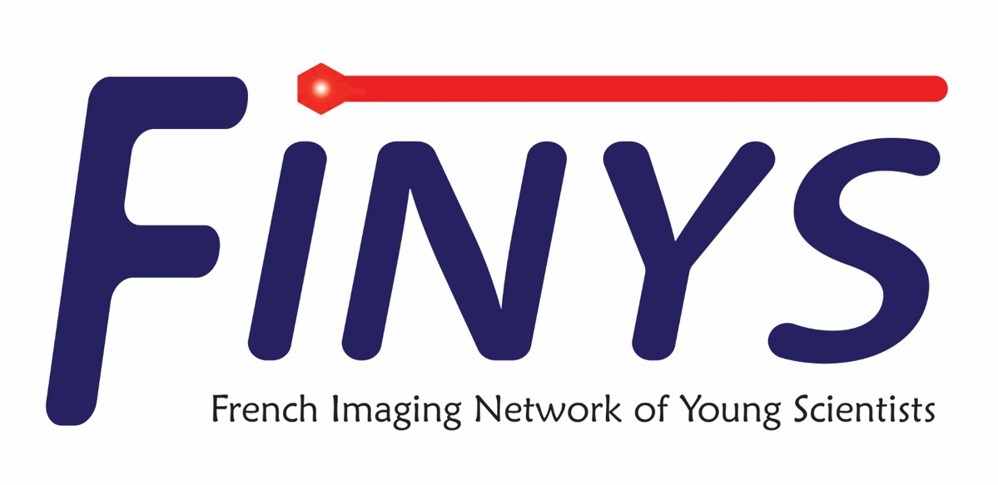Alzheimer's disease (AD) is a neurodegenerative disease that causes progressive and irreversible loss of mental functions. There is no cure for the disease, which worsens as it progresses, and leads to death. Amyloid β peptides (Aβ) accumulation in the brain is one of the pathological hallmarks of AD. Together with different clinical examinations, brain imaging techniques are often used to detect Aβ plaques inside the brain in order to increase the reliability of the diagnostic of AD. In this talk, we compare the use of magnetic resonance imaging (MRI) with other imaging techniques used for Aβ detection and present the state of the art concerning the use of contrast agents for MRI proposed for detection of Aβ inside the brain. We introduce the development of gadolinium complexes and iron oxide nanoparticles as MRI contrast agents targeted towards Aβ plaques. Some relevant results from our work are exposed and their implications discussed.

|
Alzheimer's disease: the use of contrast agents for magnetic resonance imaging to detect amyloid beta peptide inside the brain
1 : Chimie, Structures et Propriétés de Biomatériaux et d'Agents Thérapeutiques
(CSPBAT)
-
Site web
* : Auteur correspondant
Université Sorbonne Paris Cité (USPC), Institut Galilée, université Paris 13, CNRS : UMR7244
Institut Galilée, Université Paris 13, 99 avenue Jean-Baptiste Clément, F-93430 Villetaneuse -
France
|
| Personnes connectées : 1 | Flux RSS |

|
 PDF version
PDF version